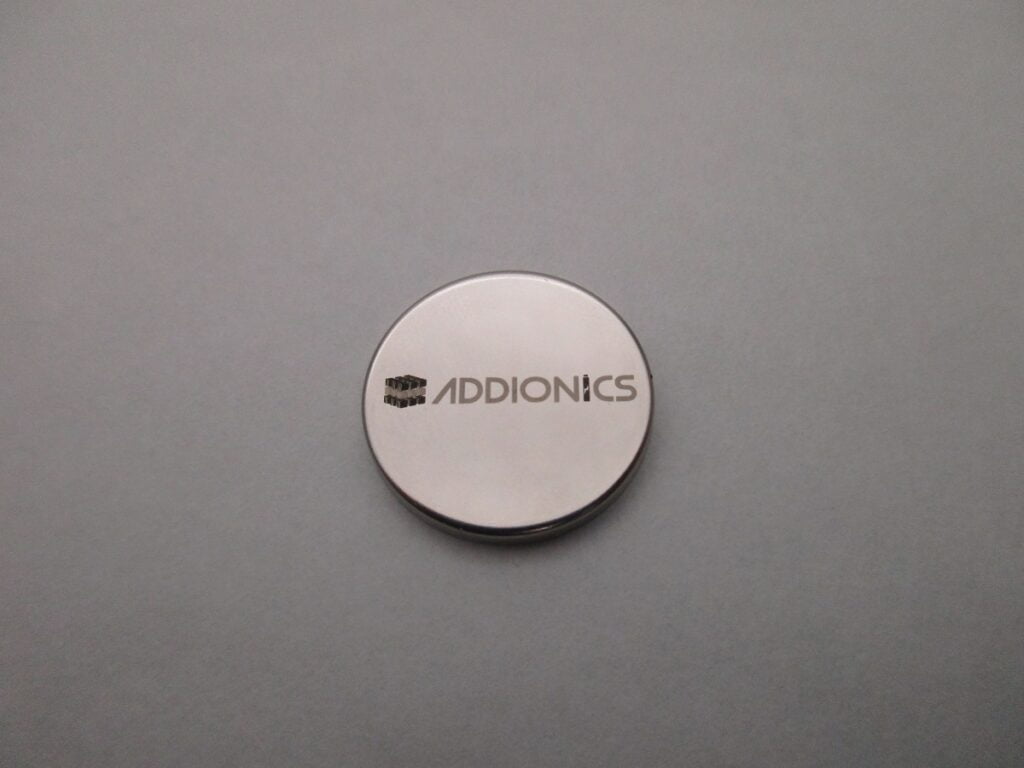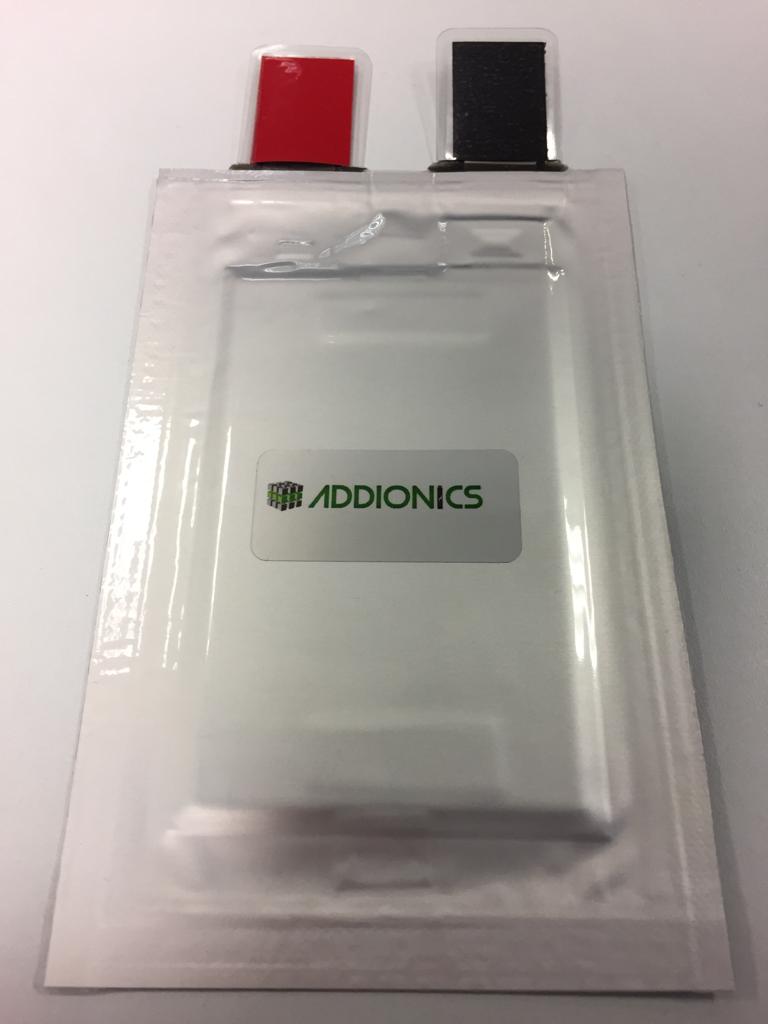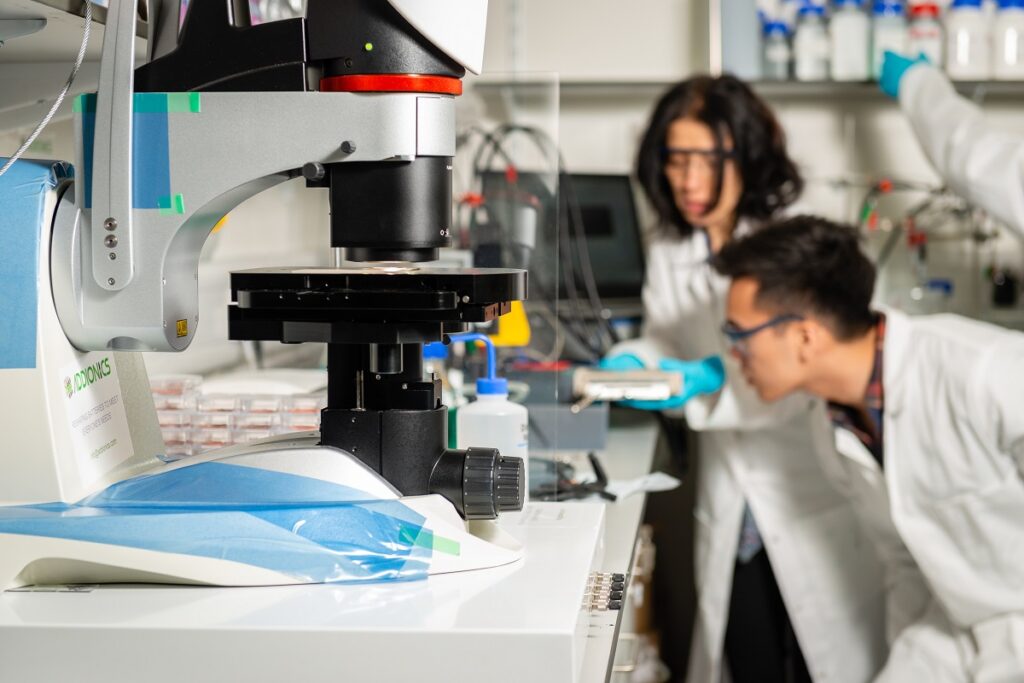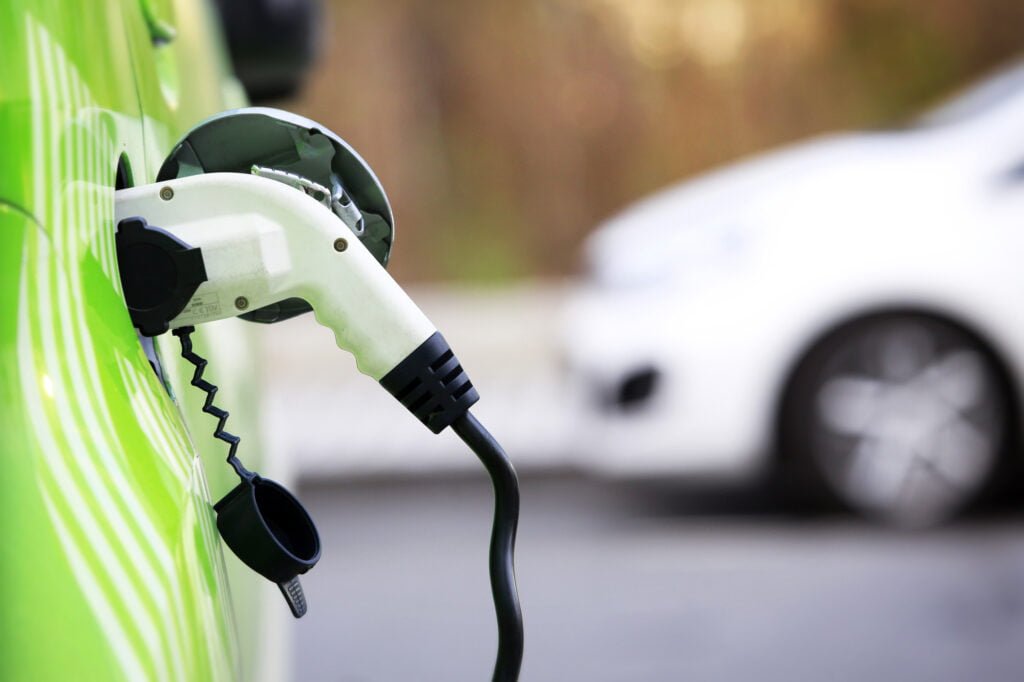As the COVID-19 pandemic shakes the global economy, the electric car sector continues to serve up a bright spot of expectation and innovation for a more sustainable future.
Norway hit the headlines in July, setting a world record as pure electric cars made up almost half of car sales in the country in the first half of 2020. Tesla, meanwhile, continues to cut prices for its electric cars and is snagging headlines for its rechargeable battery plans.
Indeed, battery-powered vehicle innovation is gaining traction as oil demand plummets, according to a new UNCTAD report that highlights the growing importance of electric mobility and the main materials used to make rechargeable car batteries.
For smart 3D batteries startup Addionics, the Israeli-UK outfit which develops specialized rechargeable batteries for electric vehicles and other applications, this is prime time to show off its cost-effective, scalable, and game-changing battery structures.
Addionics is a startup keen on changing the dynamics of chemical reactions to improve battery performance, mileage, lifetime, safety, charging time and cost-effectiveness.
While others in the rechargeable battery sector are looking to new chemistries for batteries and cheaper materials, the Addionics scientists have come up with an out-of-the-box engineering approach that will enhance battery performance no matter the type of battery chemistry.

The company created a new way to store energy. It created a porous surface for electrodes that has a direct effect on how the cells behave. This smart 3D structure minimizes the internal resistance and improves mechanical longevity, thermal stability and other basic limitations and degradation factors in standard batteries.
“We believe there is a lot of room for improvement in batteries. All the focus is on the chemistry. We are taking a different approach,” says Dr. Moshiel Biton, Addionics CEO. “We can simulate how the architecture, the porous level, affects performance.”
If all goes as planned, the Addionics technology will transform the way we store and deliver energy and still have a positive effect on the environment. “We are reducing the cost of batteries by 10-15 percent by enabling higher energy density and a longer lifetime,” says Biton.

The startup is groundbreaking in its approach but wants to keep the integration into existing OEM battery assembly lines simple for easier adoption. The smart 3D metal structure for rechargeable batteries is considered a drop-in solution.
“We see that the industry is very traditional, so we want to offer a solution that will not change the chemistry or infrastructure or the supply chain. We want to offer minimum change but a maximum impact. We are taking existing technology and by better engineering, we can improve it and enhance it further,” Biton tells NoCamels.
The idea for changing the structure as opposed to the chemistry makeup came to Biton about seven years ago, after he heard about the battery defects in smartphones that was causing them to overheat and explode. At the time, Biton, a doctoral student at Imperial College London, decided to investigate and explore in real-time what the problem was.
He found that dendrites, needle-like structures that plague lithium batteries, were short-circuiting and causing the explosions.
Armed with a healthy dose of Israeli chutzpah, Biton turned to his then-teachers and asked them to join him on a mission to change the world of energy storage. Dr. Farid Tariq, co-founder and CSO, and Dr. Vladimir Yufit, co-founder and CTO, served as academic advisors before finally leaving their Imperial positions to cofound Addionics with Biton in 2018.
Sign up for our free weekly newsletter
SubscribeThe young startup, with headquarters in both London and Tel Aviv, has already raised $6 million in funding, a combination of a round led by Next Gear Ventures and winning a $2.5 million grant as part of the prestigious Horizon2020 EU competition.

The Horizon2020 EU committee described Addionics’ innovation as “disruptive and potentially a game-change in the energy storage market. The timing is right, as there is a strong demand in the market for such solutions.”
Of course, Addionics is just one of many players in the competitive battery innovation sector. In Israel, battery materials innovation developer StoreDot , Phinergy and CENS recently enjoyed the media’s spotlight for advances in the electric vehicle space.
“We believe there is a lot of room for improvement in batteries. We want to see more innovation and more success stories in this domain. In the end, it is the reputation of Israel in the field,” says Biton.
The Addionics team likes to compare their technology to a horse race – with the battery chemistry innovators as the horses and their technology solution as the race itself.
“No matter what chemistry technology will win the electrification race, we will improve it even more. We are betting on the race, and not on the horse,” says Yufit in a press statement.
At the moment, Addionics focuses on the automotive market but also develops technology for other products such as consumer electronics, medical devices, grid energy storage, drones.

“Using our battery technology, all of these products can deliver performance better. This will save costs, keep high performance and generate less waste – thanks to the longer lifetime of the battery. We start with cars but go beyond, our technology can support the creation of a better environment and a more sustainable future,” says Tariq, in a statement.
Biton reiterates that research – a lot of research – is still needed. “This is a research R&D project, it requires a long development period. It’s not magic,” he says.
Looking into a crystal ball to the future is all the more uncertain during this coronavirus pandemic. However, Biton is certain that the future includes a new rechargeable battery standard.
“We believe that this engineering solution is going to be the mainstream. Now it is still very innovative, but we believe once we make it cost effective, mass produced and with the ability to integrate into any production line, it will be a no brainer to use,” says Biton. “We can design better batteries.”
Last year, Addionics took part in the new Intel accelerator Ignite.
Viva Sarah Press is a journalist and speaker. She writes and talks about the creativity and innovation taking place in Israel and beyond. www.vivaspress.com
Related posts

Editors’ & Readers’ Choice: 10 Favorite NoCamels Articles

Forward Facing: What Does The Future Hold For Israeli High-Tech?

Impact Innovation: Israeli Startups That Could Shape Our Future




Facebook comments